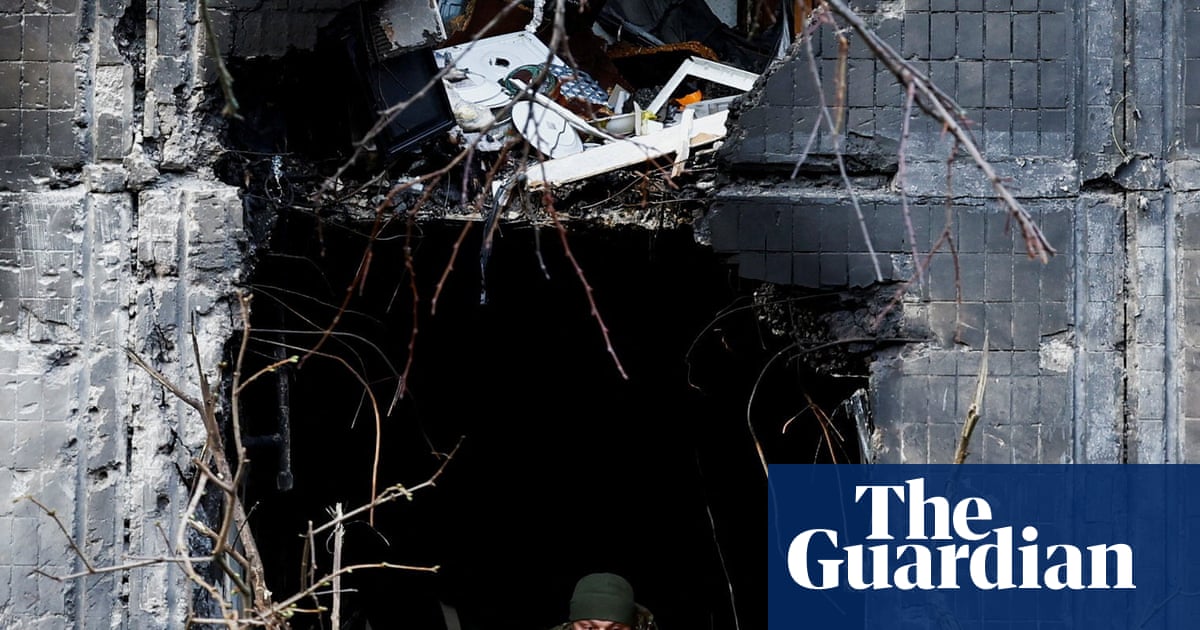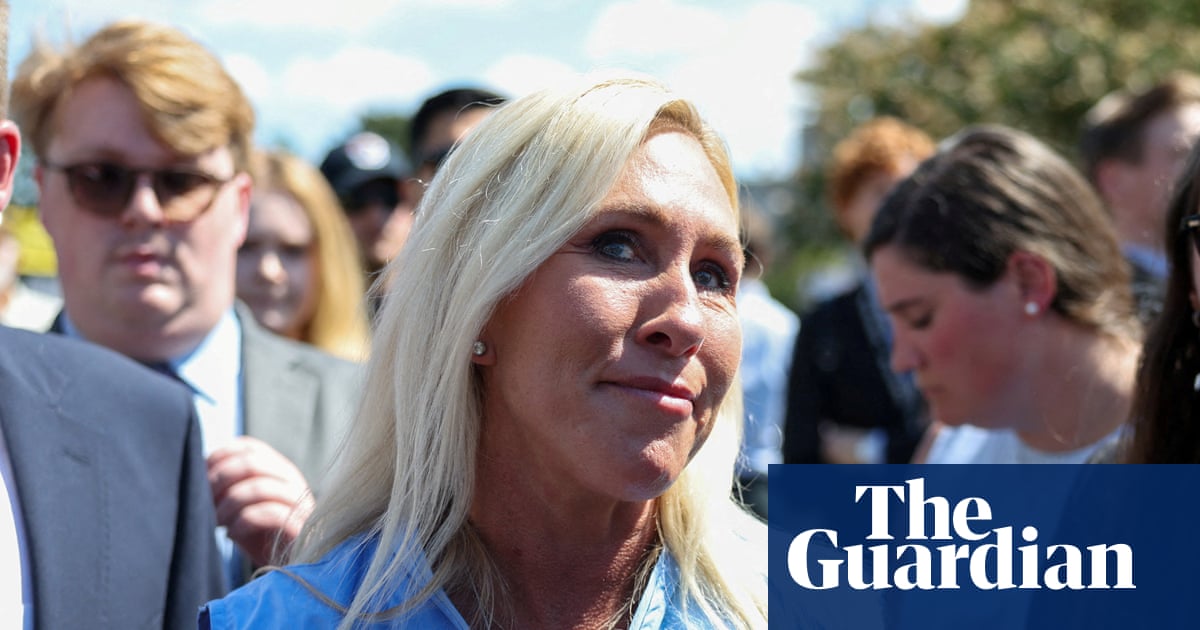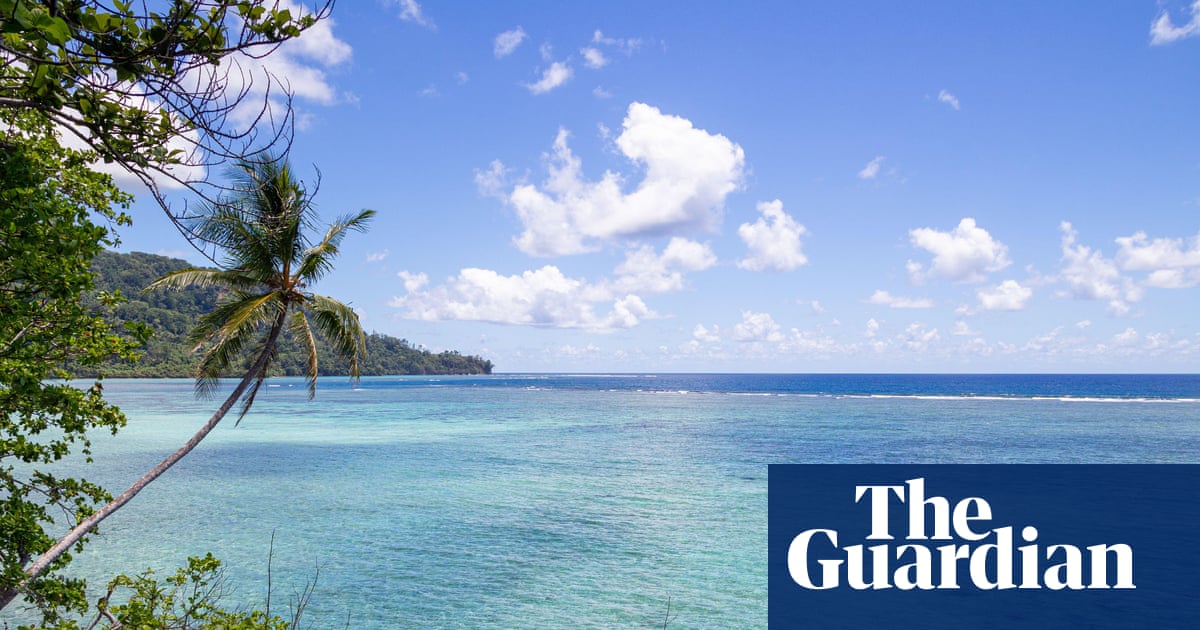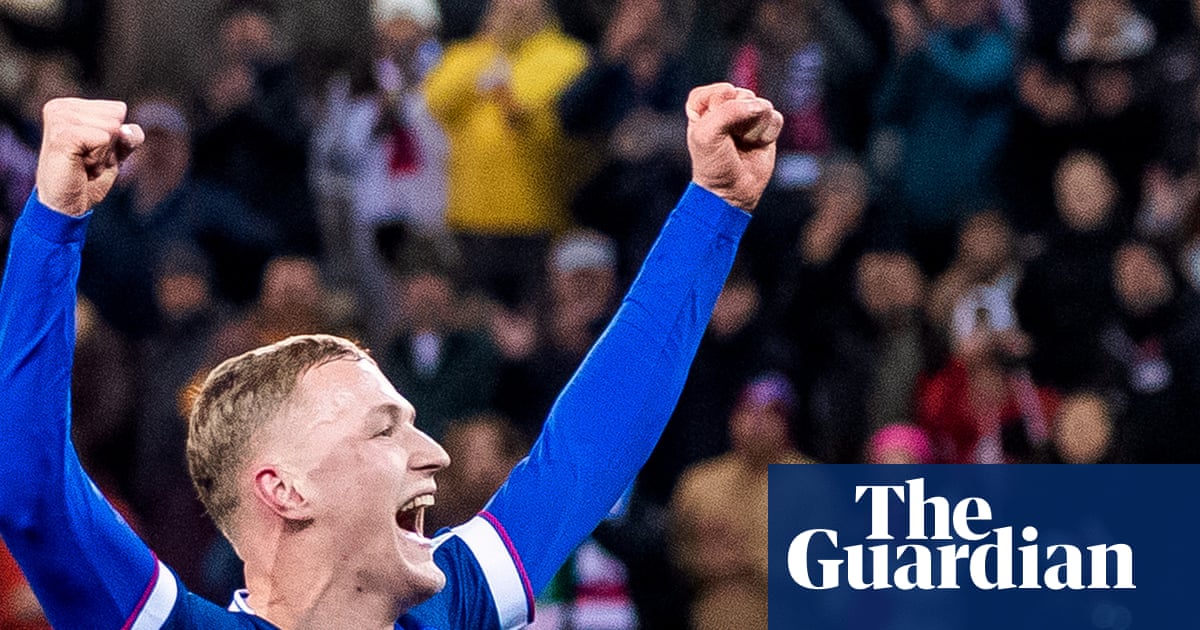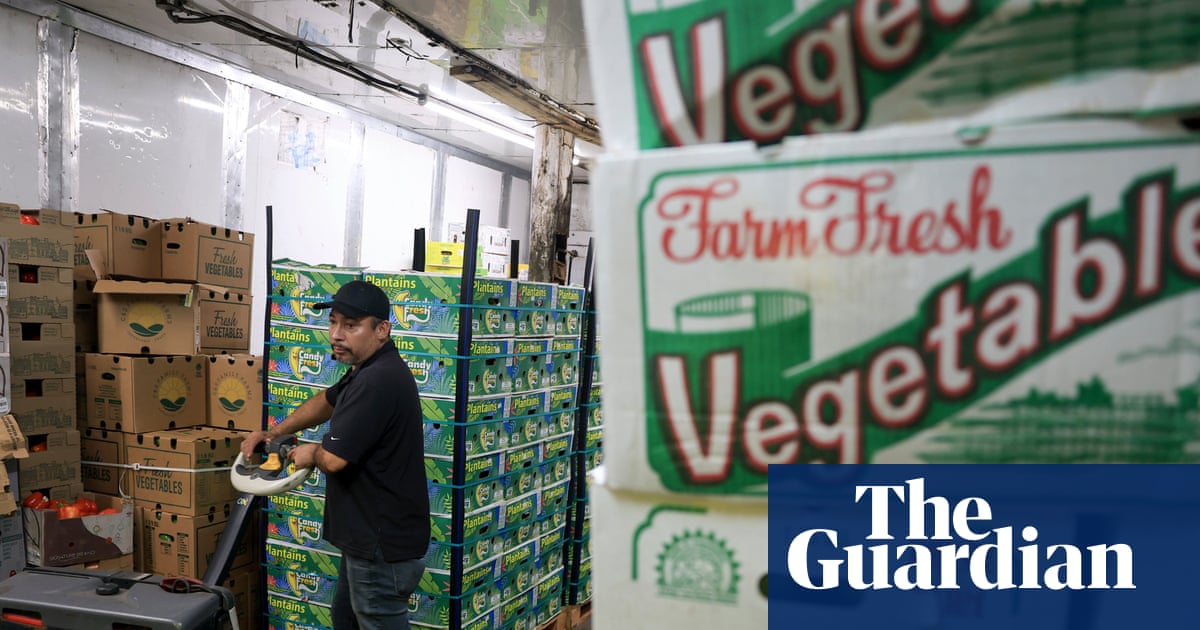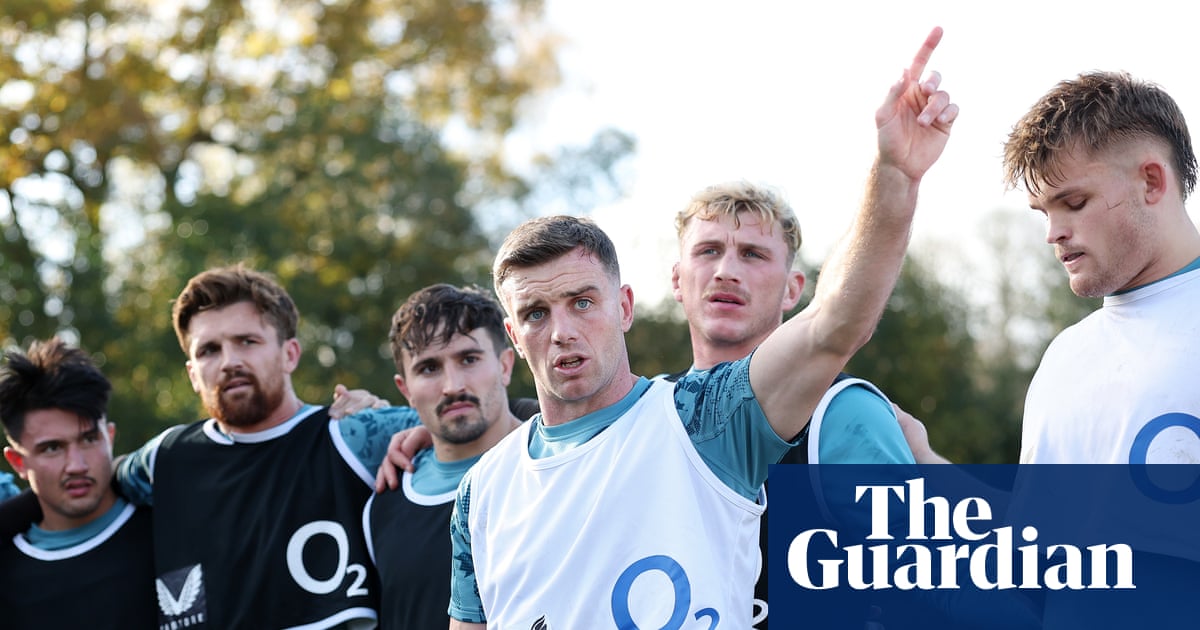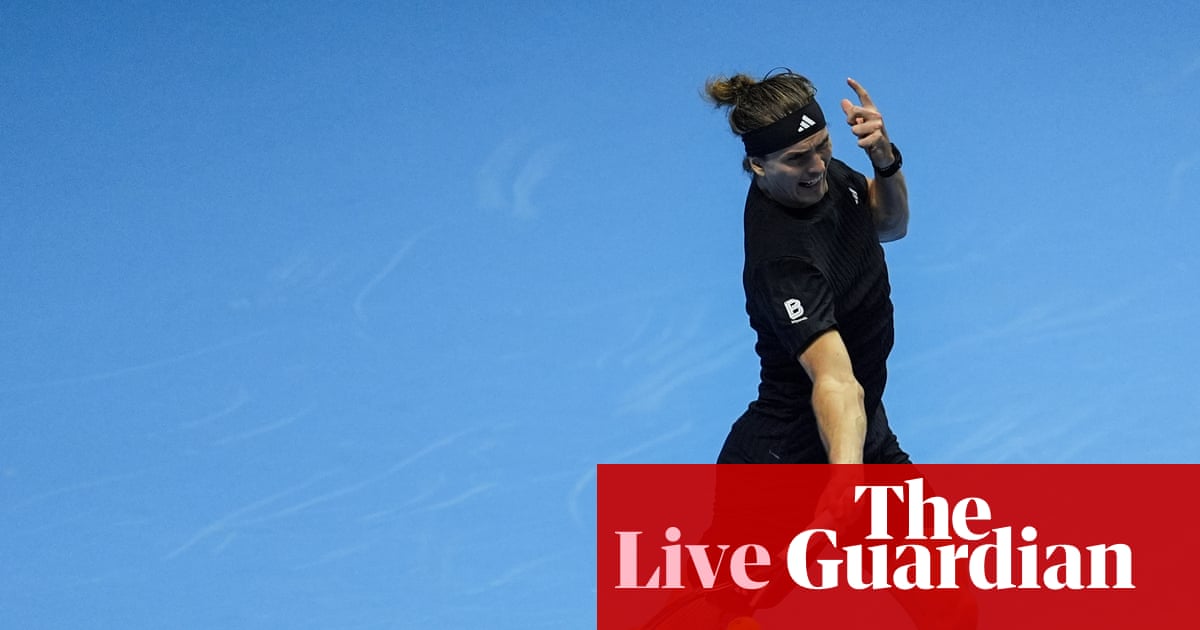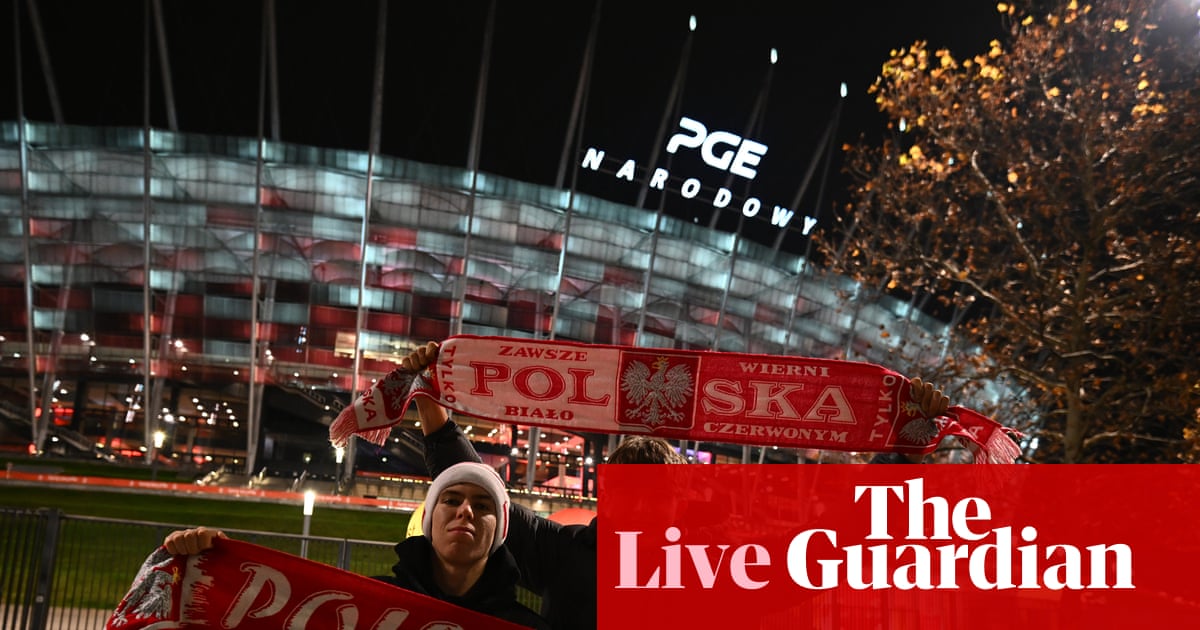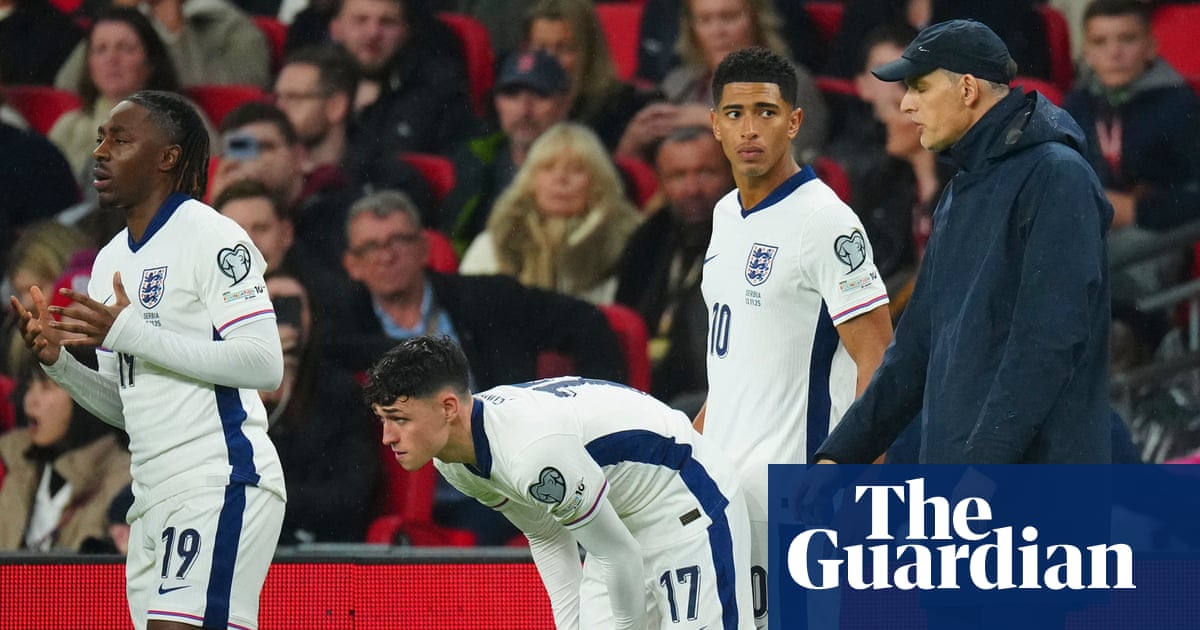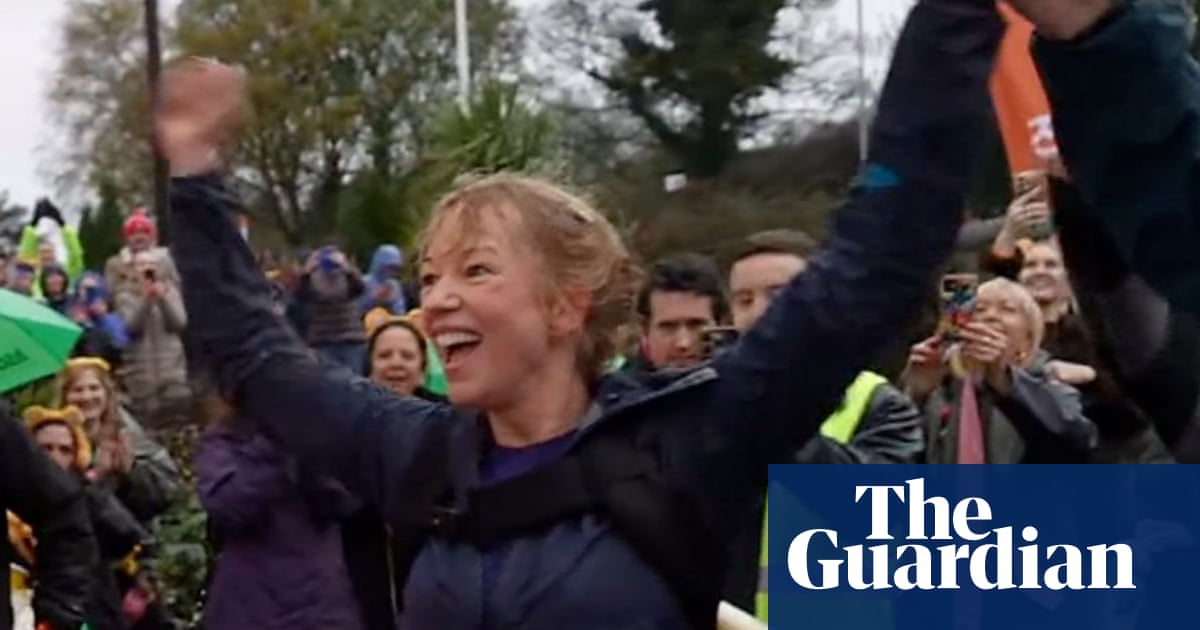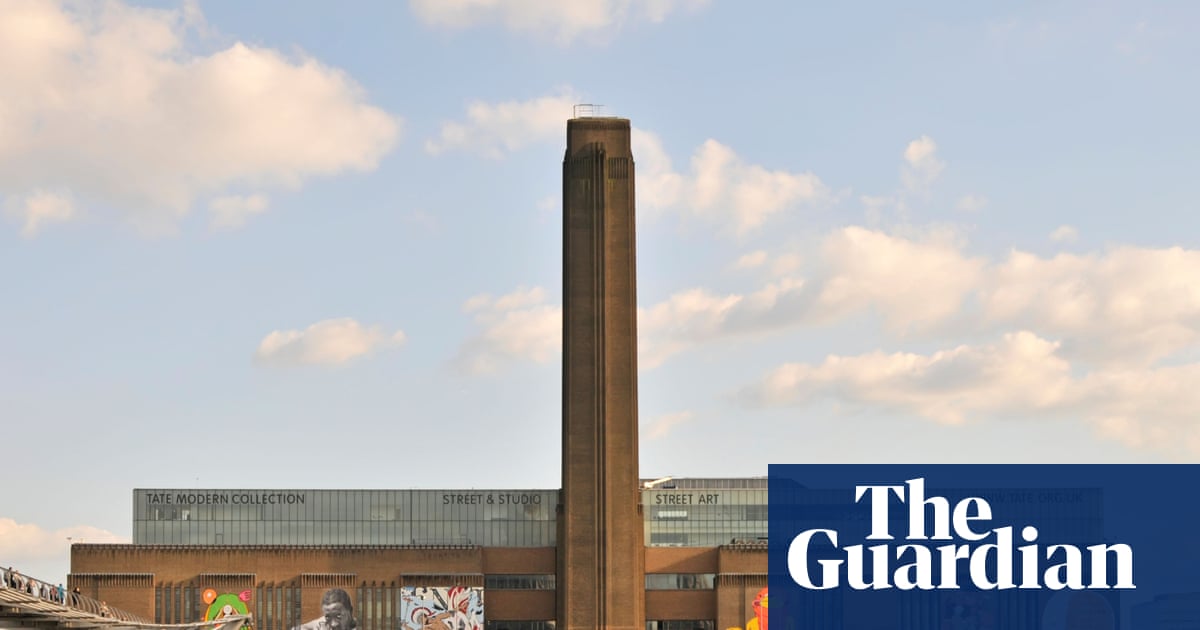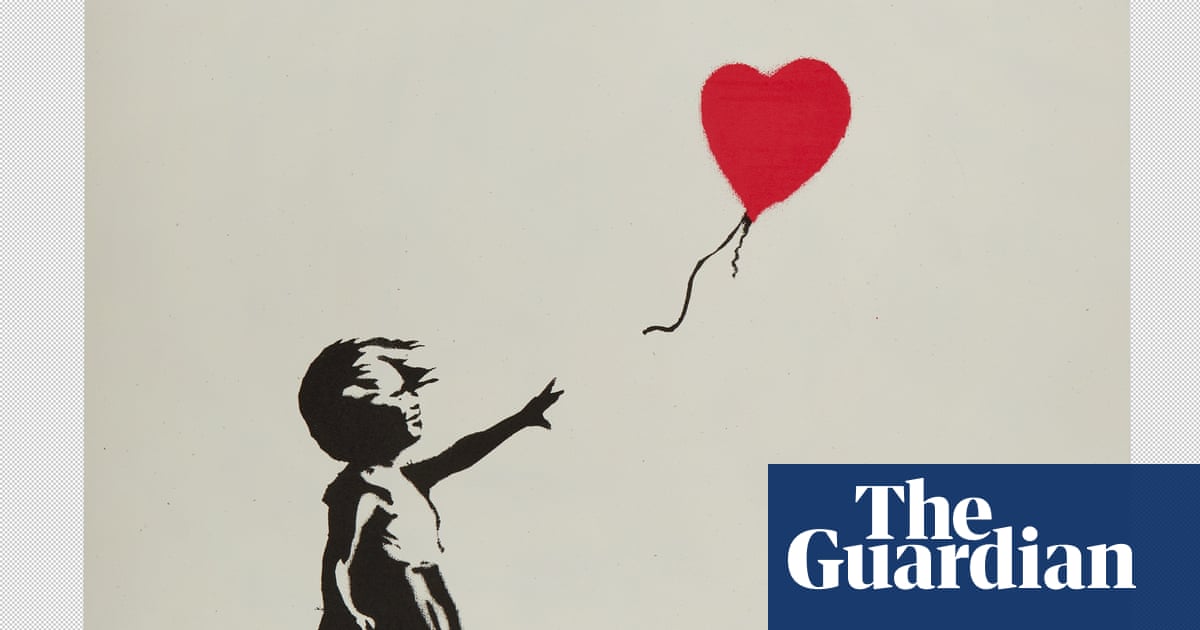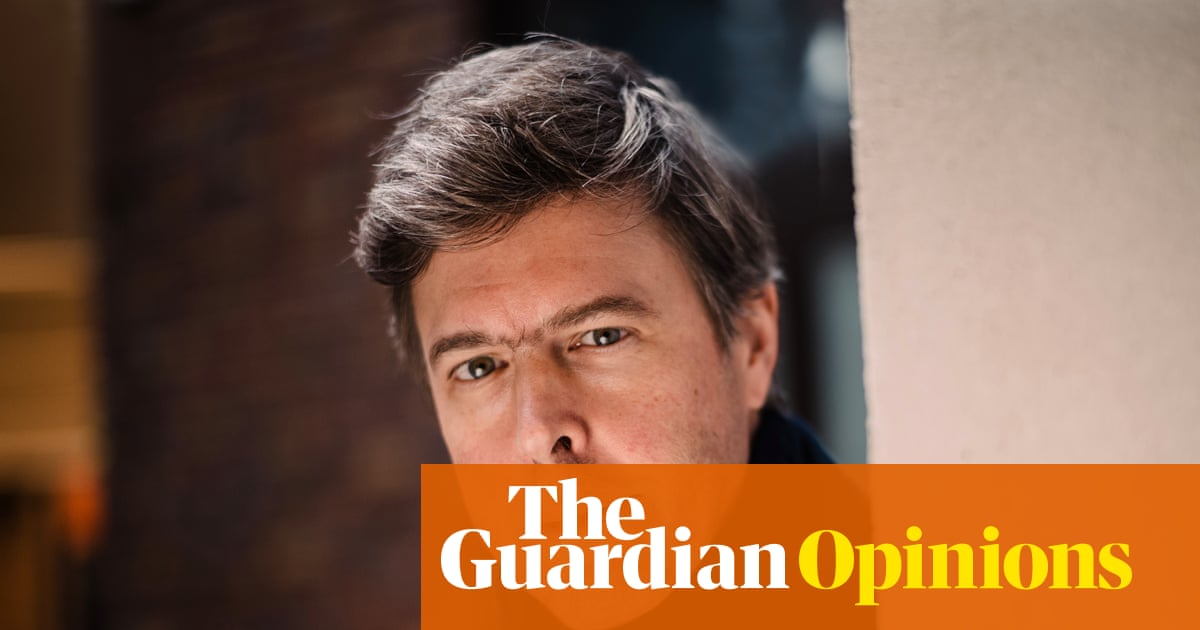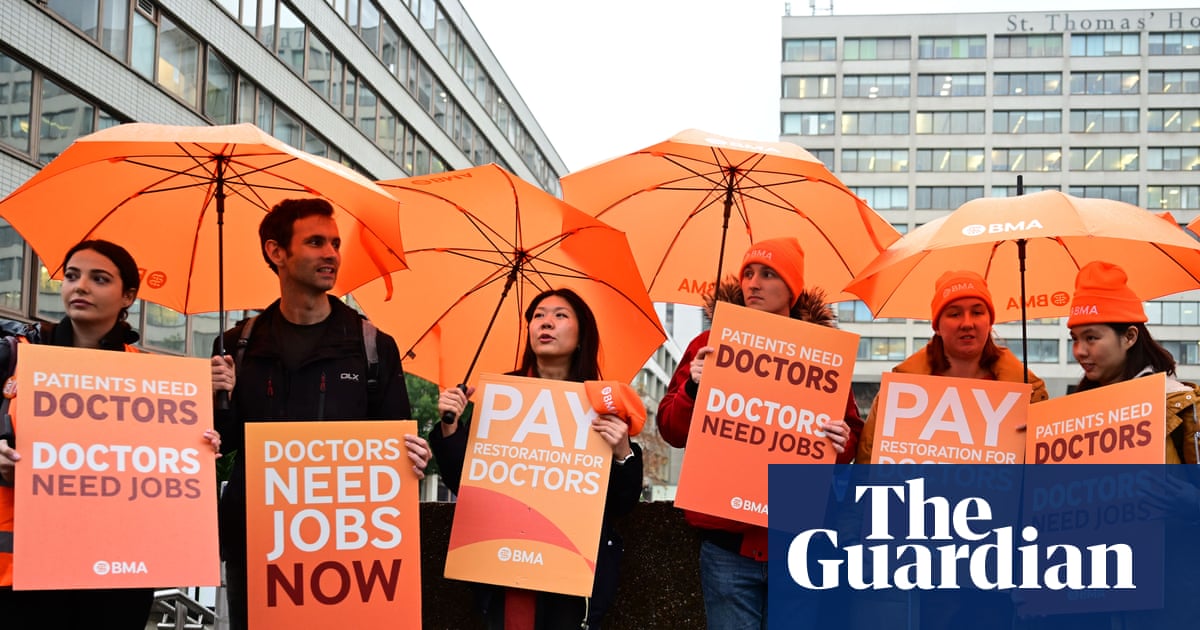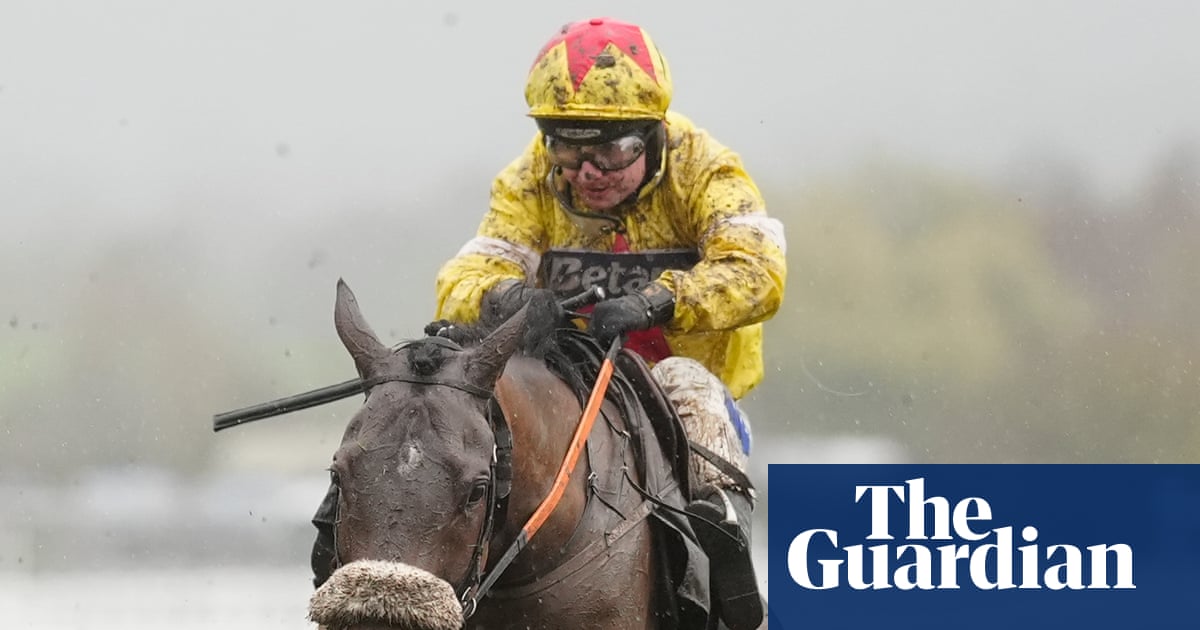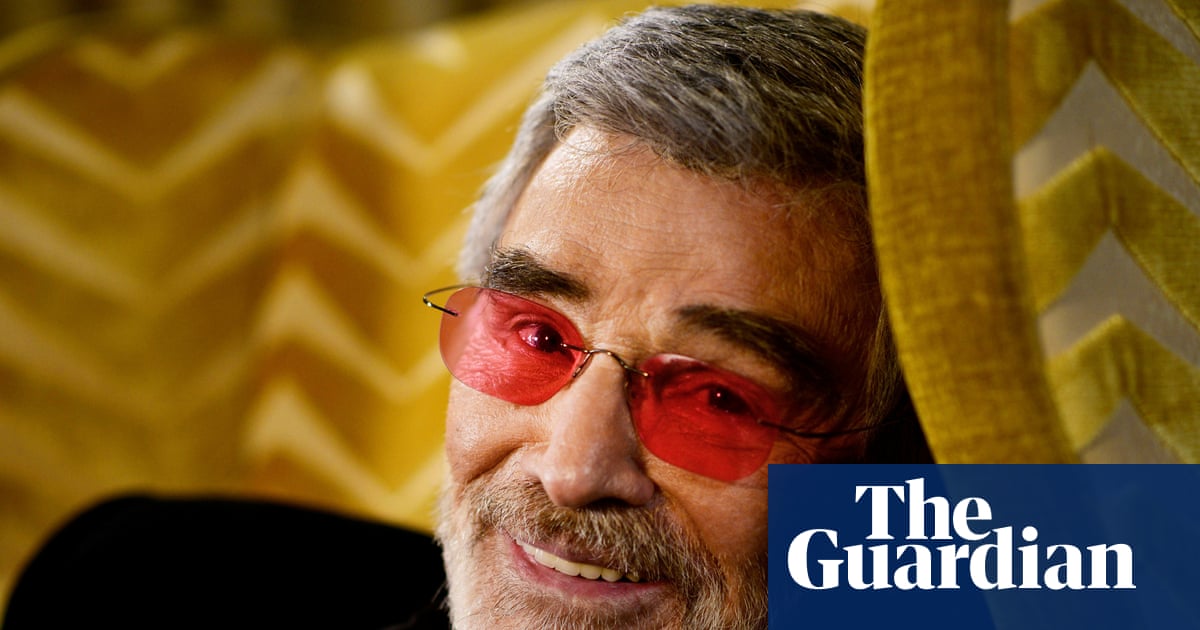Vladimir Putin appears unfazed by Donald Trump’s first tangible break with Moscow – a sign, analysts and Kremlin insiders say, that the Russian leader had long anticipated a deterioration in relations from the apparent improvement at the beginning of Trump’s second term.
While Moscow views the souring of ties with Trump as regrettable – the US president dramatically shifted tone last week as he announced a deal to arm Ukraine and threatened massive sanctions against Russia – sources say Putin was always going to prioritise the war. He remains confident that Russian forces are gaining ground and that Ukraine’s resistance could soon unravel.
“Moscow is disappointed and upset that it didn’t work out with Trump,” said a former high-ranking Kremlin official. “But whatever expectations Putin might have had for a good relationship with Trump, it was always going to come second to his maximalist goals in Ukraine. For Putin, the invasion of Ukraine is existential,” the source, speaking on condition of anonymity, added.
The Russian president, who for months has gone out of his way to flatter Trump, has not yet commented on his threats, while the Kremlin and top officials have refrained from direct criticism. Behind the scenes, however, there was a mixture of frustration and acceptance.
“In Moscow, there had been hope and anticipation of forging a strong relationship with Trump,” said Tatiana Stanovaya, an independent Russian political analyst. “But the baseline expectation in Russia has always been tougher US sanctions and a steady flow of weapons to Ukraine,” Stanovaya added.
When Trump returned to the White House earlier this year, swiftly reviving efforts to mend ties with Moscow and repeating his campaign vow to resolve the Ukraine conflict in just 24 hours, it briefly seemed like a strategic opening for Putin. A dramatic Oval Office clash with the Ukrainian president, Volodymyr Zelenskyy, only reinforced the sense that Washington’s posture could be shifting.

For the Kremlin, Trump’s presidency has long represented a potential geopolitical shake-up: a chance to undermine Nato unity and sow doubt about the west’s long-term commitment to Ukraine.
But the honeymoon appeared to end last week when Trump publicly aired his frustration over Putin’s refusal to agree to a ceasefire. He followed up with a fresh military aid package for Ukraine – including helping Kyiv acquire Patriot air defence systems – and threatened massive sanctions against Russia and its trading partners unless a peace deal was reached within 50 days.
Trump seemed particularly aggrieved that his personal outreach to Putin – including six phone calls – had yielded nothing, a perceived personal slight for a leader known for his vanity.
“I get home, I’d say: ‘First lady, I had the most wonderful talk with Vladimir. I think we’re finished,’” Trump said. “And then I’d turn on the television, or she’ll say to me one time: ‘Well that’s strange, because they just bombed a nursing home.’”
A high-level former Kremlin official called the seemingly demonstrative bombardments of Ukrainian cities after the two leaders’ calls a “strategic mistake”, arguing that Putin had misread Trump’s response.
“Putin didn’t go out of his way to humiliate Trump – but he certainly didn’t handle it wisely,” the source said.
Still, many Russian officials and pro-war bloggers appeared to breathe a sigh of relief last week, dismissing Trump’s threats as milder than anticipated and framing them as effectively granting Putin a 50-day blank cheque.
“A lot can happen in 50 days – and Putin knows that. He sees Trump as emotional and susceptible to influence,” said another source within Russia’s foreign policy establishment. “Moscow will keep making overtures toward Washington. They don’t see this rift as irreversible.”
For now, Moscow is intent on intensifying its offensive in Ukraine. Its relentless use of swarm drone tactics – launching thousands each night – is increasingly wearing down Ukrainian defences. The Kremlin has also significantly increased its aerial assaults on Ukrainian urban centres in recent months, with Kyiv coming under frequent attack.

On the battlefield, its troops have made slow but consistent advances, pushing closer to the strategically critical eastern city of Pokrovsk.
Those familiar with Putin’s thinking said Trump’s 50-day ultimatum was likely to force him to double down on his war efforts.
“The Russian leadership doesn’t respond to pressure. Most likely, we can say that the first phase of US-Russia relations under Trump, which lasted about six months, has come to an end,” said Fyodor Lukyanov, a prominent Russian foreign policy analyst who heads a council that advises the Kremlin.
The former Kremlin official source said Putin was “obsessed” with not looking weak, and it was unlikely that he would soften his stance in the face of Trump’s threats.
This is bad news for the small and increasingly isolated faction of the Russian elite that had pinned its hopes on a rapprochement with Washington – and the potential economic boost it might bring.
Some had viewed Trump’s evident admiration for their president as a potential turning point – one that could relieve sanctions, renew western business ties, initiate fresh arms control negotiations and reshape Europe’s power dynamics to Moscow’s advantage.
Among ordinary Russians, there seemed to be a real willingness to end the war, with polls showing a sharp rise in support for halting the fighting – a trend that mirrored growing approval of the US.
The main condition for this opening was that Putin agree to a ceasefire in Ukraine – one that would effectively freeze the frontlines, letting Russia retain occupied territory and eliminating any realistic prospect of Kyiv reclaiming it.
But Stanovaya, the political analyst, said that while there was “some frustration in certain Moscow circles” over the deteriorating relationship, those who prioritised better ties with Washington over the war in Ukraine held little political sway or influence.
As for those who have followed Putin closely, it came as no surprise that he rejected Trump’s terms for peace, instead reaffirming his sweeping demands aimed at dismantling Ukraine’s sovereignty.
His terms for peace include a legally binding promise that Nato will not expand eastwards, Ukrainian neutrality and a cap on the country’s armed forces, protection for Russian speakers who live there, and acceptance of Russia’s territorial gains.
The former Kremlin official said: “Over 100,000 Russians died in this war. Putin simply cannot come home with anything less than what can be seen as a real victory.”
A more militant and confrontational faction in Moscow’s elite now appears to be regaining influence – one that views a clash with the US not just as likely, but as unavoidable.
Alexander Dugin, the far-right Russian ideologue, wrote on Telegram: “Don’t forget: we see the United States not as a neutral arbiter, but as a party to the war against us in Ukraine. You supply the weapons that allow our enemies to keep fighting. So yes, the US is at war with us.
“Putin gave Trump time to change that. Time is running out.”

 3 months ago
99
3 months ago
99
